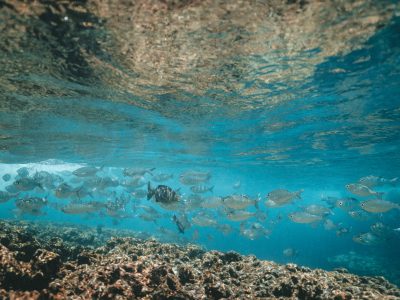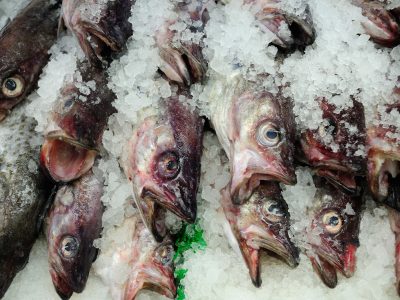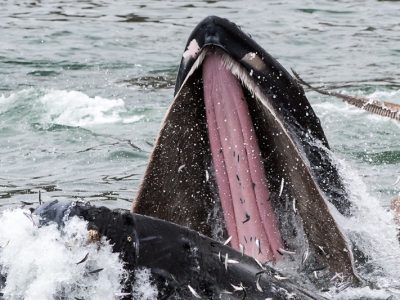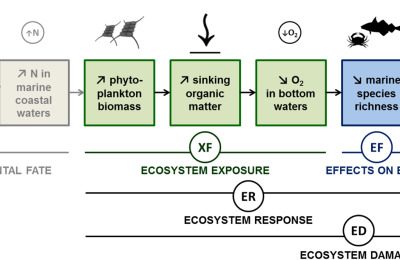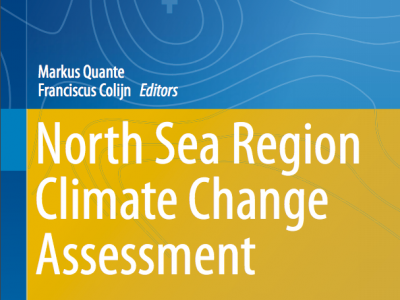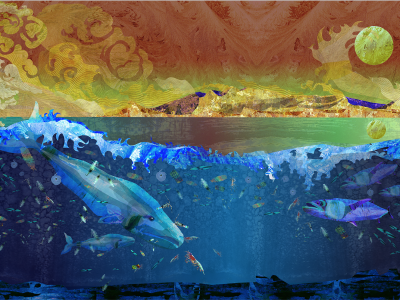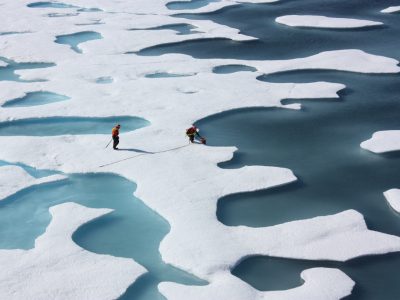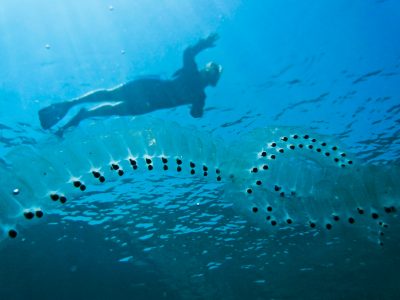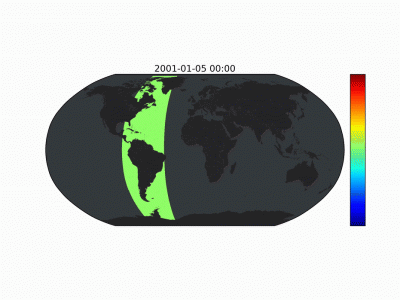Global change in the trophic functioning of marine food webs
The rapid development of fisheries in the 1950’s facilitated declines in predator biomass, overexploitation, collapse of fish stocks, and degradation of marine habitats. A new PLOS ONE paper investigates past changes in trophic functioning of marine ecosystems cause by human-induced changes in species assemblages by applying an ecosystem approach to fisheries.



